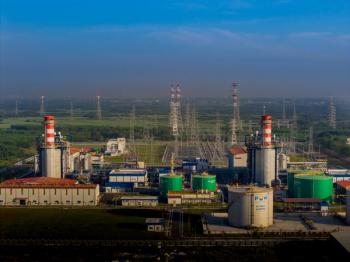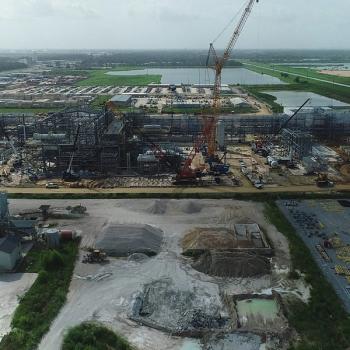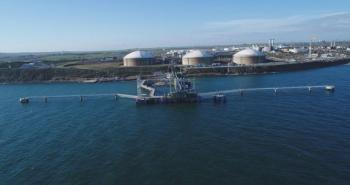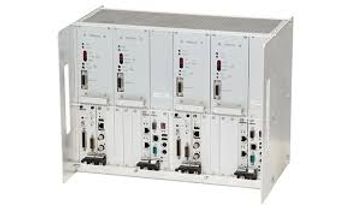
U.K. Space Agency Funds Rolls-Royce’s Space Nuclear Power Development
Rolls-Royce’s micro-reactor can meet the power requirements to enable long-term exploration and scientific efforts on the Moon and in space.
Rolls-Royce received a £4.8 million award from the U.K. Space Agency’s National Space Innovation Program (NSIP) to assist the development and demonstration of space-based nuclear micro-reactor technologies. This NSIP will have a £9.1 million total project cost and aims to increase the micro-reactor’s overall technology-readiness level. NSIP will advance the reactor toward a full-system space flight demonstration.
“NSIP will help kickstart growth, create high-quality jobs, protect our planet, and preserve the space environment for future generations,” said Dr. Paul Bate, CEO, U.K. Space Agency. “New projects like this one, led by Rolls-Royce, go to the heart of what we want to achieve as a national space agency that supports innovation, spreads opportunity across the U.K., and delivers the benefits of space back to citizens on Earth.”
In collaboration with partners from the University of Oxford and Bangor University, the project will develop the entire system design, capabilities, and key technologies over the next 18 months. Rolls-Royce’s micro-reactor operates independently of the Sun, meeting power requirements for long-term exploration and scientific efforts on the Moon and in space. The first flight demonstration is expected by 2030.
“We are delighted to win this award from NSIP and to be continuing our collaboration with the U.K. Space Agency,” said Jake Thompson, Director of Novel Nuclear & Special Projects, Rolls-Royce. “This funding is a pivotal point in our micro-reactor program and will accelerate our technology progression, bringing us a step closer to powering human endeavors in space. The future of space exploration is dependent on the ability to generate high levels of consistent power, and our nuclear micro-reactor is the solution that will offer safe, reliable, and flexible power to a broad range of space missions.”
This recent investment follows the U.K. Space Agency’s £1.18 million award to Rolls-Royce in April 2024, under Phase 2 of the International Bi-Lateral Fund. An additional £2.9 million was awarded in 2023 under the Lunar Surface Nuclear Power Contract and IBF Phase 1, which delivered an initial lunar modular nuclear reactor concept.
In April 2024,
“Micro-reactors are very small scale, in the range of 1 MWe - 10 MWe compared to a typical grid-supplying power plant in the gigawatt range and compared to the new generation of SMRs in the 1/2 GW range—micro-reactors are much smaller than that,” said James Montgomery, Chief Design Engineer of Novel Nuclear, Rolls-Royce. “We have two potential applications for the micro-technology we’re working on in the United Kingdom: The first one is the terrestrial variant for supplying power to different applications on Earth; and the second is the space micro-reactor that has potential applications for the lunar base as part of the space program and, in the longer term, for power and propulsion applications on satellite and deep-space missions.”
Newsletter
Power your knowledge with the latest in turbine technology, engineering advances, and energy solutions—subscribe to Turbomachinery International today.




